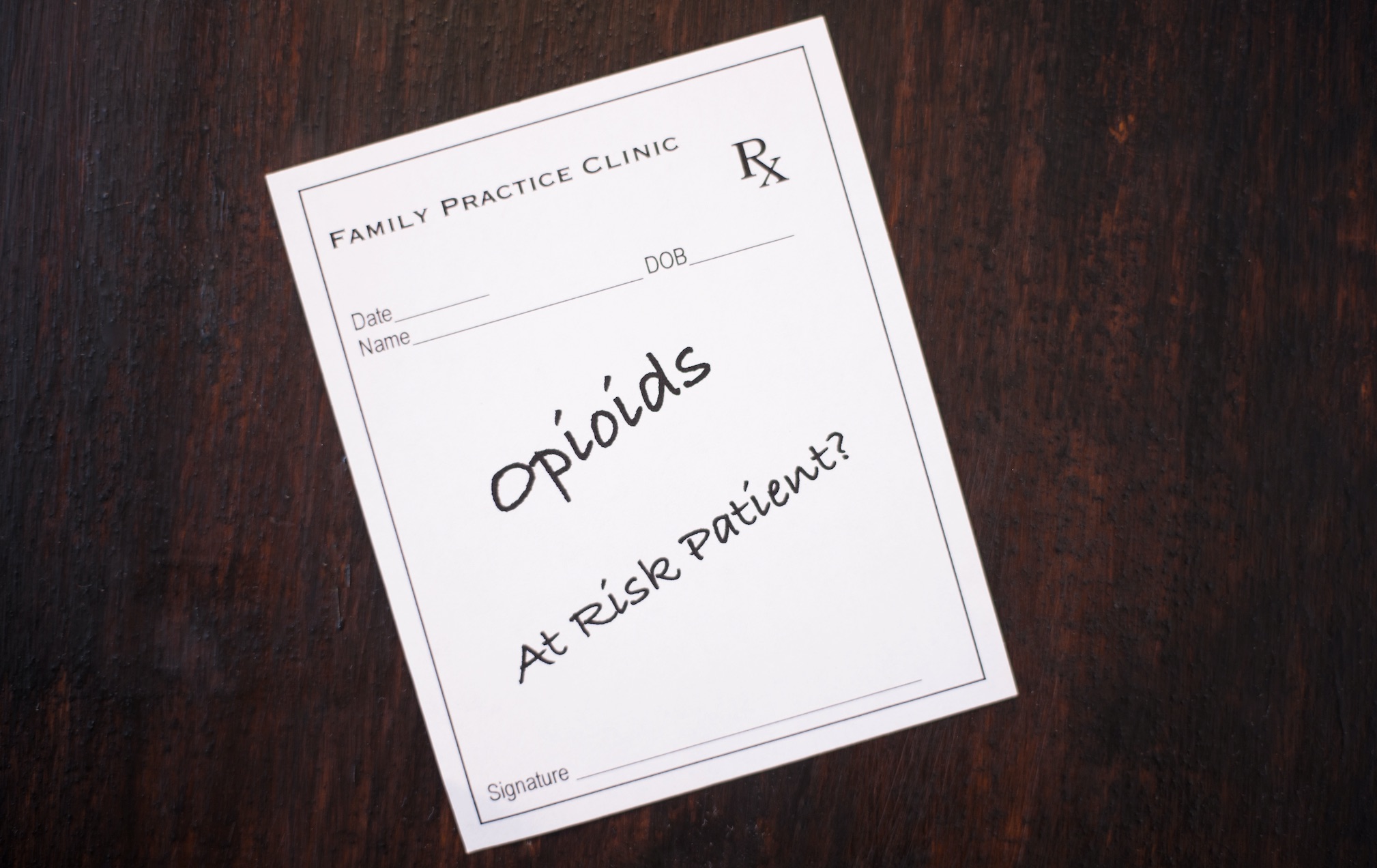Given their appealing sedating effects, benzodiazepines are among some of the most abused prescription drugs in America.
In fact, according to WebMD, about one in every five people who use benzodiazepines will abuse the potentially addictive drug.
Below, we will discuss the potential risks associated with benzodiazepines and how they affect your body.
What are benzodiazepines?
Benzodiazepines are a commonly prescribed sedative used to treat conditions such as chronic anxiety, seizures, and even for alcohol withdrawal.
Benzodiazepines work by blocking excessive brain activity in the central nervous system (where anxiety and other conditions originate).
Common brand names for benzodiazepines include alprazolam (Xanax), diazepam (Valium) and lorazepam (Ativan).
Benzodiazepines were first approved in the 1960s by the FDA and have since been carelessly dealt with by both physicians and street dealers.
Why so serious?
Simply put, benzodiazepines can yield some of the worst side effects and withdrawal symptoms.
Perhaps most frighteningly, benzodiazepines have been shown to engender dementia later in life.
Dementia generally only occurs with long-term use of the drug, but short term memory loss is relatively common.
Other side effects include but are not limited to hypotension (low blood pressure), cardiac arrhythmias (abnormal heart rates), slow heart rate, apnea, temporarily stopping breathing, especially during sleep, slowed breathing, and nausea/vomiting.
In extreme cases, withdrawal symptoms have been known to kill the user, often due to seizures.
They have a place
Despite all of the risks associated with benzodiazepines, they do have a place; those suffering from chronic anxiety may find relief with the drug.
However, it should be known that prescribing these drugs for longer than four weeks has high addiction potential.
In most instances, these drugs should be used as a last resort, but they do have the potential to save most people from crippling anxiety.
Addiction
It should be noted that benzodiazepines have a high potential for addiction. With their addiction-forming chemical properties, benzodiazepine users should be wary and only take the drug as prescribed by a physician.
All too commonly, patients have been prescribed the drug and used it as directed only to later fall into abuse. If used as prescribed, there is a much lower potential for addiction.
Well trained physicians will know not to overprescribe the drug and to monitor the intake accordingly, but these clinical guidelines do not seem to stop many patients.
With the advent of the dark web, it has become increasingly more convenient to order whatever brand of benzodiazepine you choose without a physician’s admonition.
Self-medicating is the perfect setup for a substance abuse disorder and should be avoided at all costs.
Today we have seen how benzodiazepines can yield an incredible danger when abused recreationally.
Without a physician advising, these drugs have a high potential for addiction and should only be used as a last resort.
Ultimately, benzodiazepines can be a powerful tool to provide relief for a variety of illnesses (mental or physical) but require careful monitoring.
Do you know anyone who abuses these drugs?
If so, consider discussing the dangers of their activities with them; it may just save their life.





